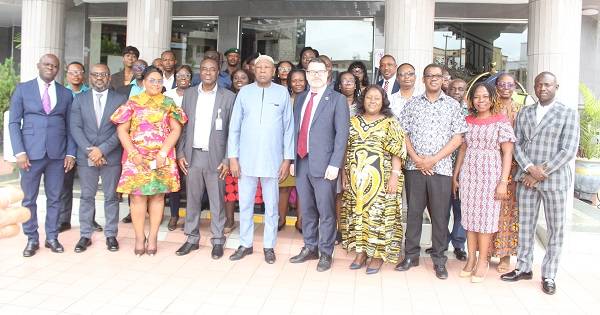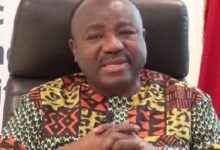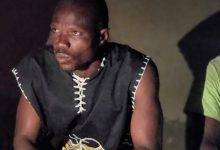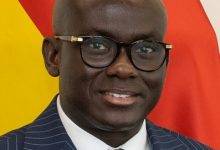
The Food and Drugs Authority (FDA) has strengthened its surveillance at the country’s border, to prevent the influx of illicit tobacco products, Dr Olivia Boateng, Director of Tobacco and Substances of Abuse Directorate of the Authority, has said.
She said unauthorised points of entries for tobacco products and free movement of people and goods within the Economic Community of West African States (ECOWAS) were facilitating the illicit trade in cigars, cigarettes, pipe tobacco, among other tobacco products.
Dr Boateng was speaking to the Ghanaian Times on the sidelines of a meeting in Accra, on need assessment mission in Ghana on protocol to eliminate illicit trade in tobacco products.
The meeting was organised by the FDA in partnership with the Ministry of Health and World Health Organisation (WHO) Framework Convention for Tobacco Control (FCTC) Secretariat.
Participants were selected from the WHO, National for Commission for Civic Education, Ghana Revenue Authority, Ghana Police Service, Economic and Organised Crime Office, United Nations Development Programme.
Dr Boateng mentioned low public awareness on national tobacco control provisions and its criminal implications for defaulters as some of the challenges in tobacco control.
She called for effective collaboration between stakeholders and institutions, to address the use and trade in illicit tobacco, and enhance enforcement of tobacco control measures to rid the markets of illicit tobacco products.
The Deputy Minister of Health, Alhaji Mahama Asei Seini, noted that illicit trade in tobacco posed a grave threat to public health, saying “this insidious trade fuels the tobacco epidemic, leading to increased health risks for our citizens, particularly the youth.”
He said government loses revenue through illicit tobacco trade, straining its ability to provide essential services and funding of global criminal activities.
Alhaji Seini noted that the ministry with support from stakeholders have developed a five-year comprehensive National Tobacco Control Strategy that outlines the outstanding provisions of the WHO’s FCTC and developed tobacco advertising promotion and sponsorship enforcement guide.
The WHO representative to Ghana, Professor Francis Kasolo, in a speech read on his behalf, said “tobacco control was key in achieving SDGs, target three and four that calls for one-third reduction in premature mortality from Non-Communicable Diseases by 2030.
He urged stakeholders to support the exercise, and assured of WHO’s commitment to working with Ghana to implement the FCTC as well as achieve the SDGs by 2030.
The Team Lead, Direct Assistant to Parties, WHO, FCTC Secretariat, Mr Andrew Black, said tobacco remained one of the greatest public health challenges, killing more than eight million people each year across the world.
He lamented that currently, tobacco prevalence was higher among young girls than adult women in Ghana, and suggested that the country might not actually be winning the fight against tobacco.
BY ANITA NYARKO-YIRENKYI



